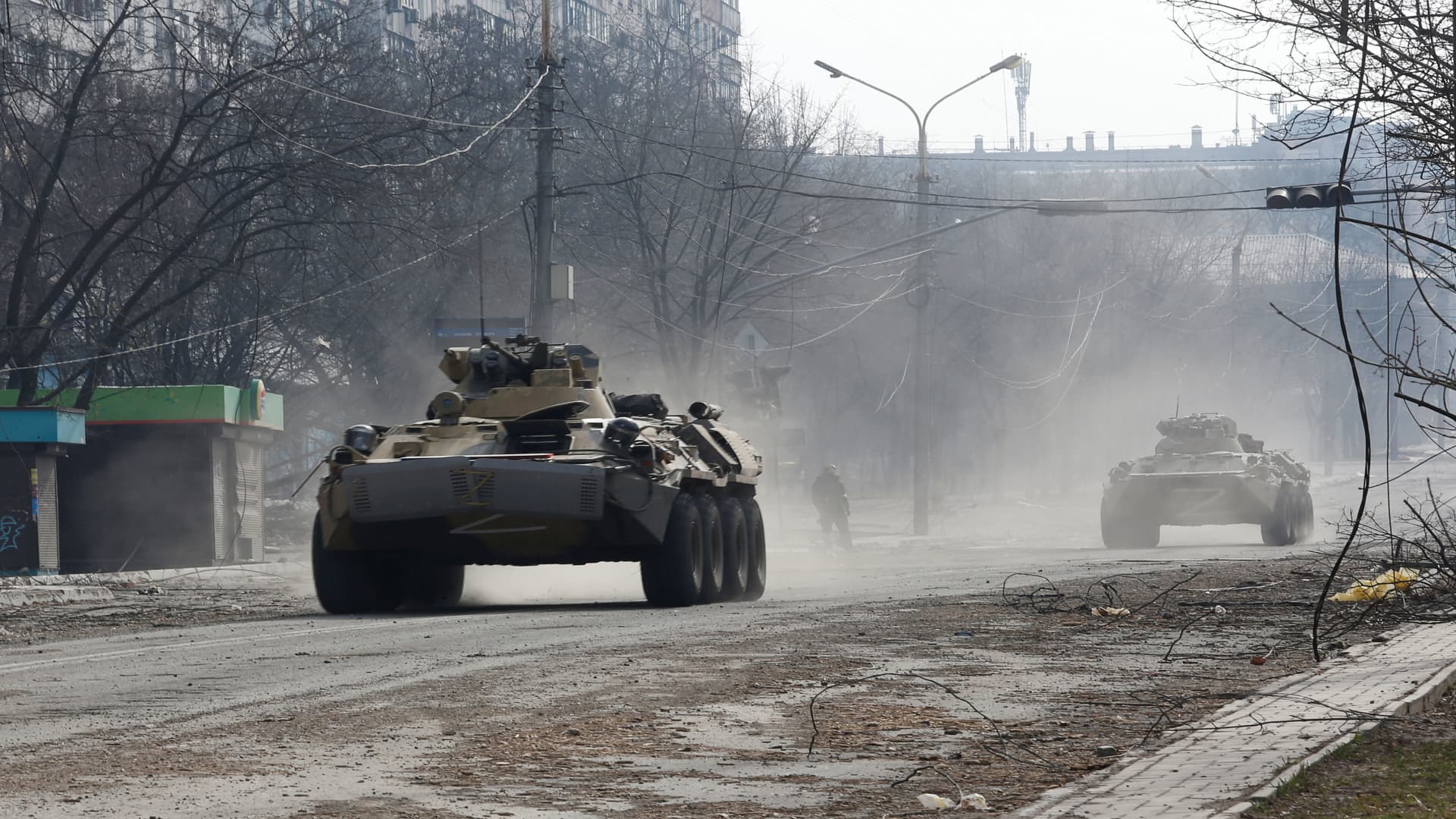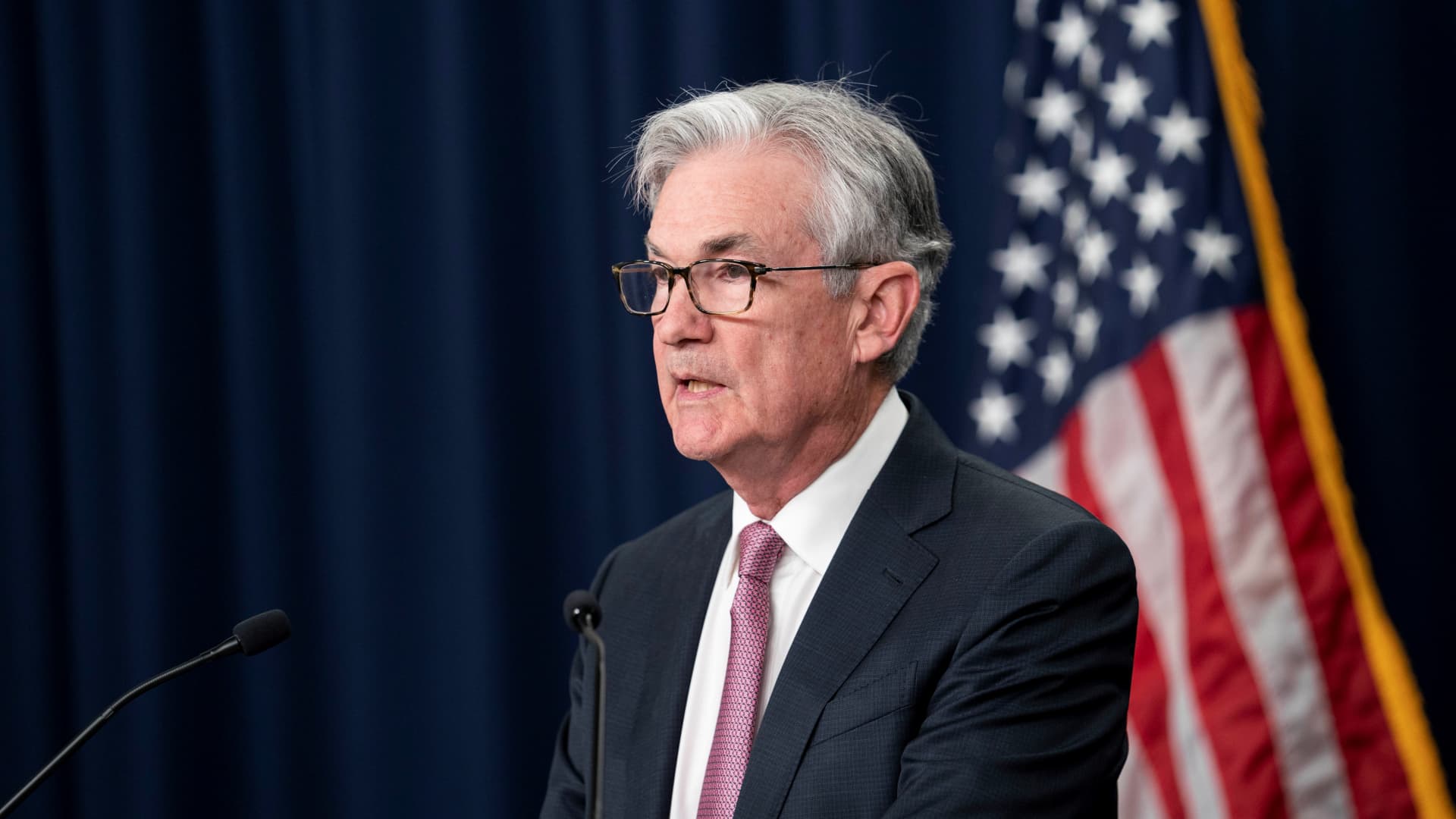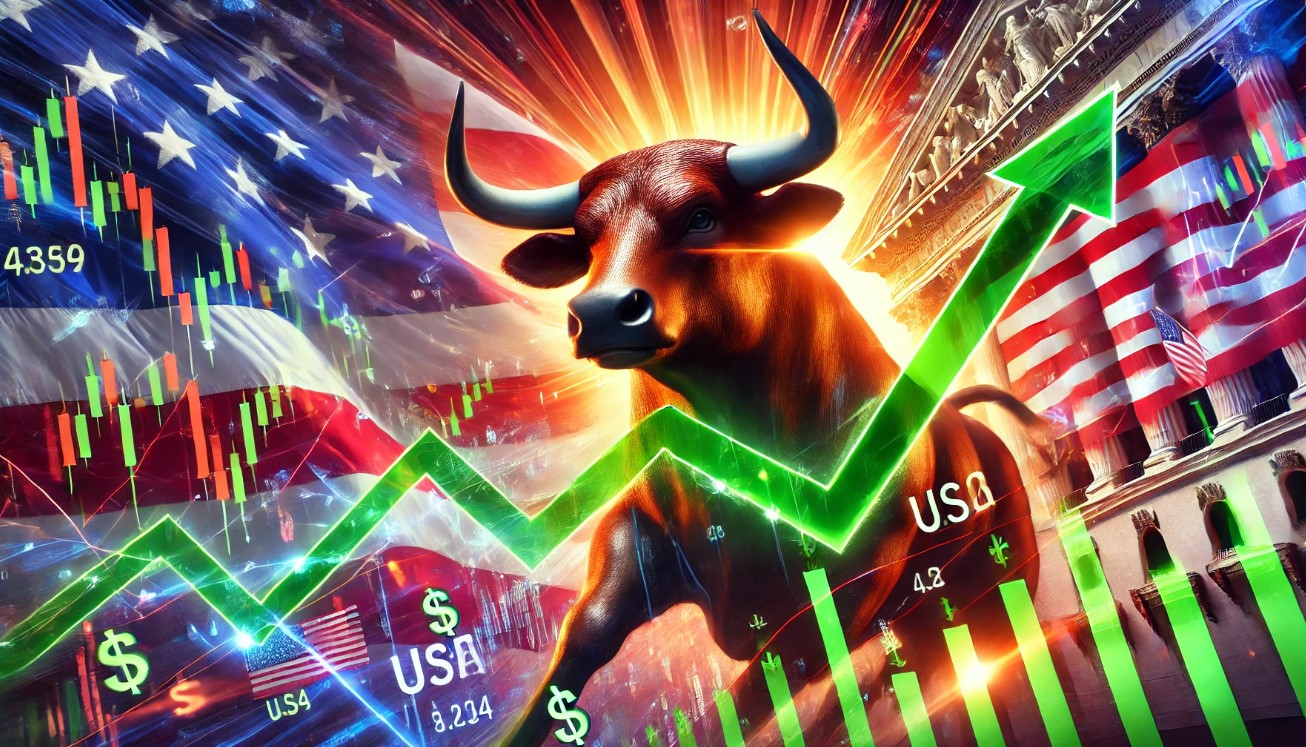Hong Kong's Hang Seng index drops to lowest close since February 2016; oil prices fall around 6%
Shares in China lagged among Asia-Pacific markets on Tuesday, with the release of much better than expected Chinese economic data offering little respite.

SINGAPORE — Shares in China lagged among Asia-Pacific markets on Tuesday, with the release of much better-than-expected Chinese economic data offering little respite.
Hong Kong's Hang Seng index fell more than 6% in afternoon trade before seeing a slight recovery from those losses, falling 5.72% to 18,415.08 — its lowest close since Feb. 2016, according to data from Refinitiv Eikon.
Chinese tech stocks in Hong Kong were volatile in trading through the day. The Hang Seng Tech index tumbled more than 7% in morning trade, then briefly crossed into positive territory before erasing those gains, falling 8.1% on the day to 3,472.42.
As investors continued to assess the prospect of potential delistings from U.S. exchanges, dual-listed Chinese tech stocks in Hong Kong plunged: Alibaba was 11.93% lower while JD.com fell 10.06% and NetEase shed 7.68%.
Electric vehicle maker Nio, another dual-listed stock, fell 12.81% after its U.S. listed-shares plunged overnight on renewed delisting fears.
Sentiment on Chinese tech shares had taken a hit on Monday following a report that Tencent could face a record fine for violating anti-money laundering rules.
"Prospects of a hefty record fine on Tencent on money laundering regulatory breaches sent ripples of fears that Beijing's opaque crackdown on the tech space may not quite all be in the rear-view mirror just yet," Mizuho Bank's Vishnu Varathan wrote in a Tuesday note.
Stocks in mainland China saw heavily losses on the day, as the Shanghai composite slipped 4.95% to 3,063.97 while the Shenzhen component declined 4.363% to 11,537.24.
Data released Tuesday showed Chinese industrial output rising 7.5% year-on-year in January and February as compared with a year earlier, higher than the 3.9% increase predicted by analysts in a Reuters poll.
Retail sales in China for the first two months of the year also beat expectations, gaining 6.7% in January and February as compared with expectations for a 3% rise by analysts in a Reuters poll.
However, China is currently facing its worst Covid-19 outbreak since the height of the pandemic in 2020, with major cities including Shenzhen rushing to limit business activity.
Stock picks and investing trends from CNBC Pro:
"It really is quite a difficult environment. I mean, markets do look incredibly oversold," Steve Brice, chief investment officer at Standard Chartered Wealth Management, told CNBC's "Street Signs Asia" on Tuesday. "Maybe when things get less bad markets will rebound quite strongly but it's difficult to see through that ... Often the best time to buy, but it just feels a little bit challenging today."
Elsewhere, South Korea's Kospi shed 0.91% to close at 2,621.53. In Australia, the S&P/ASX 200 slipped 0.73% to finish the trading day at 7,097.40.
The Nikkei 225 in Japan climbed 0.15%, closing at 25,346.48 while the Topix index advanced 0.79% to 1,826.63.
MSCI's broadest index of Asia-Pacific shares outside Japan declined 2.85%.
Oil prices drop around 6%
Oil prices dropped in the afternoon of Asia trading hours on Tuesday, with international benchmark Brent crude futures slipping 5.97% to $100.52 per barrel. U.S. crude futures shed 5.86% to $96.97 per barrel. Those moves came after oil prices sharply declined overnight.
Oil prices have seen wild swings since Russia's invasion of Ukraine, which raised fears of supply disruptions in an already tight market. Talks between Ukrainian and Russian officials are set to restart on Tuesday, following Monday's negotiations between the two sides.
Currencies
The U.S. dollar index, which tracks the greenback against a basket of its peers, was at 98.872 — still higher than levels below 98 seen last week.
The Japanese yen traded at 117.96 per dollar, stronger than levels around 118.40 seen against the greenback earlier. The Australian dollar was at $0.7182 following yesterday's decline from above $0.728.

 JimMin
JimMin 































